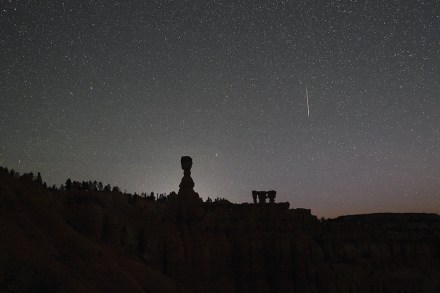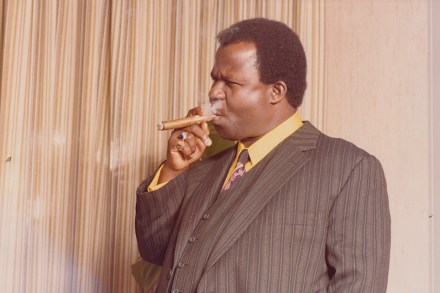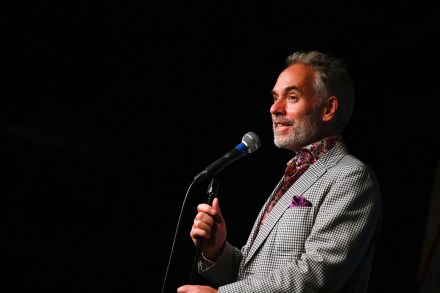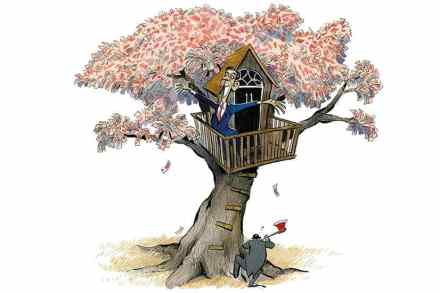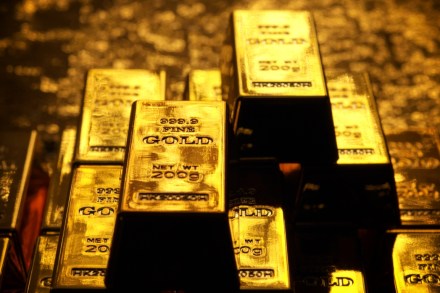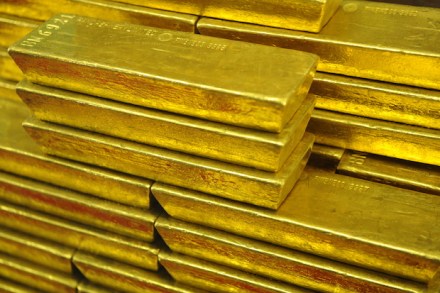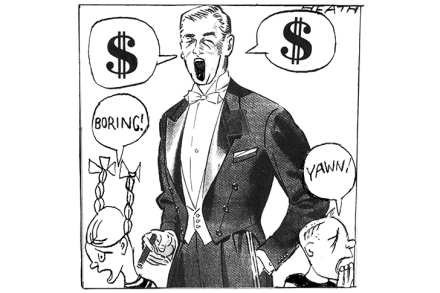The shards of heaven beneath our feet
In the early 20th century, the world went ‘raving mad on the subject of radium’, according to George Bernard Shaw. The newly discovered element was considered a miracle cure, used to treat about 150 medical complaints. And it was fashionable: society ladies drank afternoon tea in rooms filled with radium vapours, and cosmetic companies developed hair tonics, face lotions and anti-wrinkle creams, all claiming to contain the element. Doramad toothpaste even boasted: ‘Your teeth will shine with radioactive brilliance.’ Of course, the discovery had its down sides. One American tycoon drank so much of the tonic Radithor that his bones began to disintegrate. Then the scientist who discovered the element,
